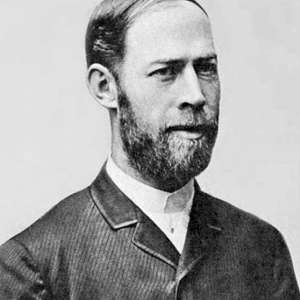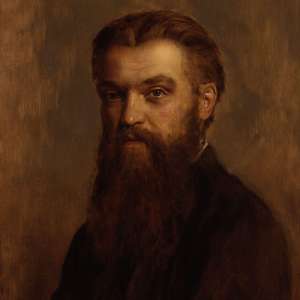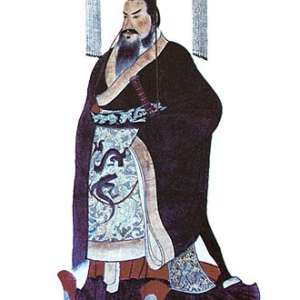
The English Neoplatonic philosopher Ralph Cudworth introduced the term ‘consciousness’ into the English philosophical lexicon. Cudworth uses the term to define the form and structure of cognitive acts, including acts of freewill. In this article I highlight the important role of theological disputes over the place and extent of human freewill within an overarching system of providence.
Cudworth’s intellectual development can be understood in the main as an increasingly detailed and nuanced reaction to the strict voluntarist Calvinism that is typified in the thought of his near contemporary William Perkins. At the heart of Cudworth’s rejection of Calvinism is the dilemma over whether God is understood primarily in terms of will or justice. In this fleshing-out of the power of consciousness Cudworth moves from an instrumental account of the working of the human mind towards an account of human consciousness that is intrinsic to his definition of human agency.










































